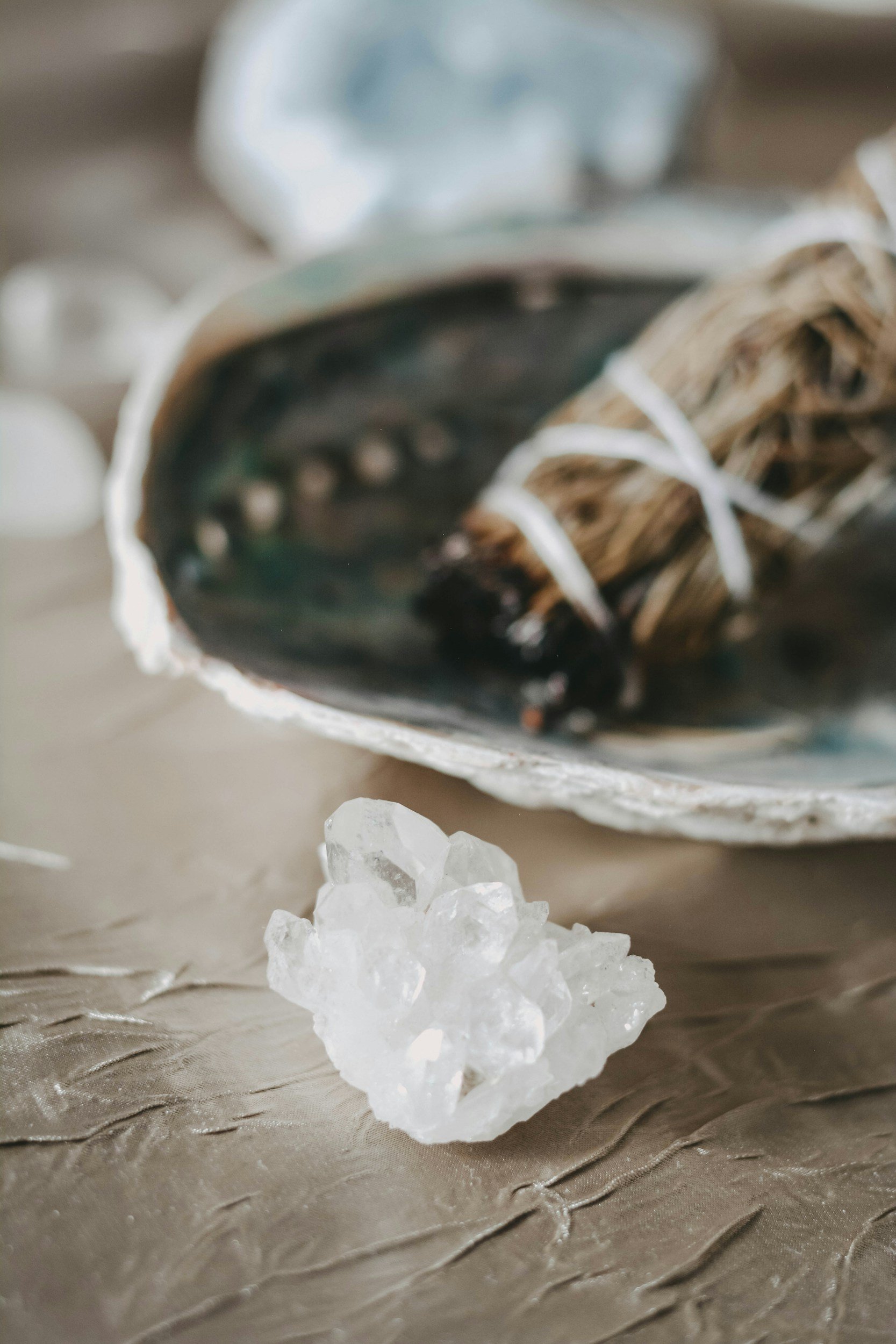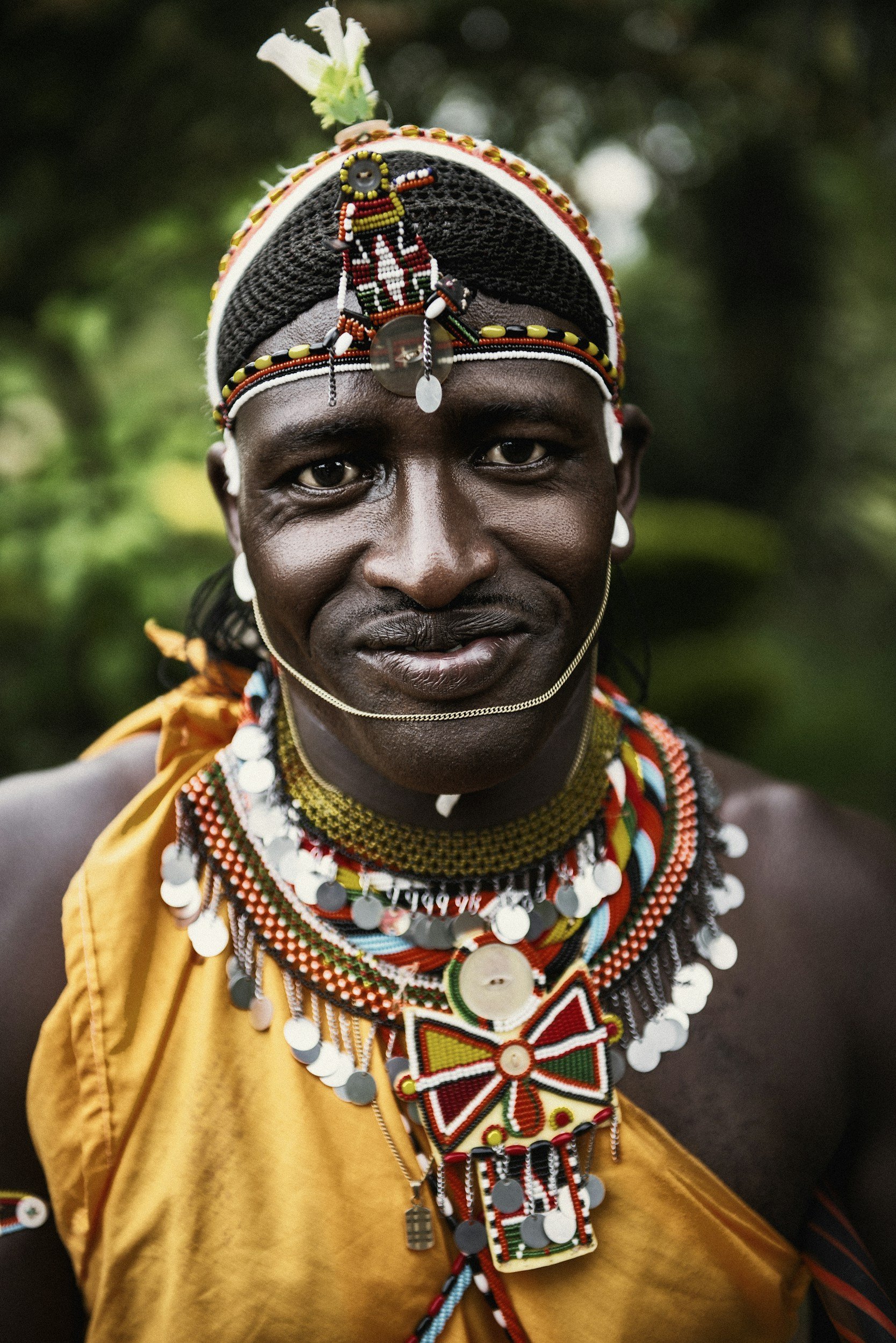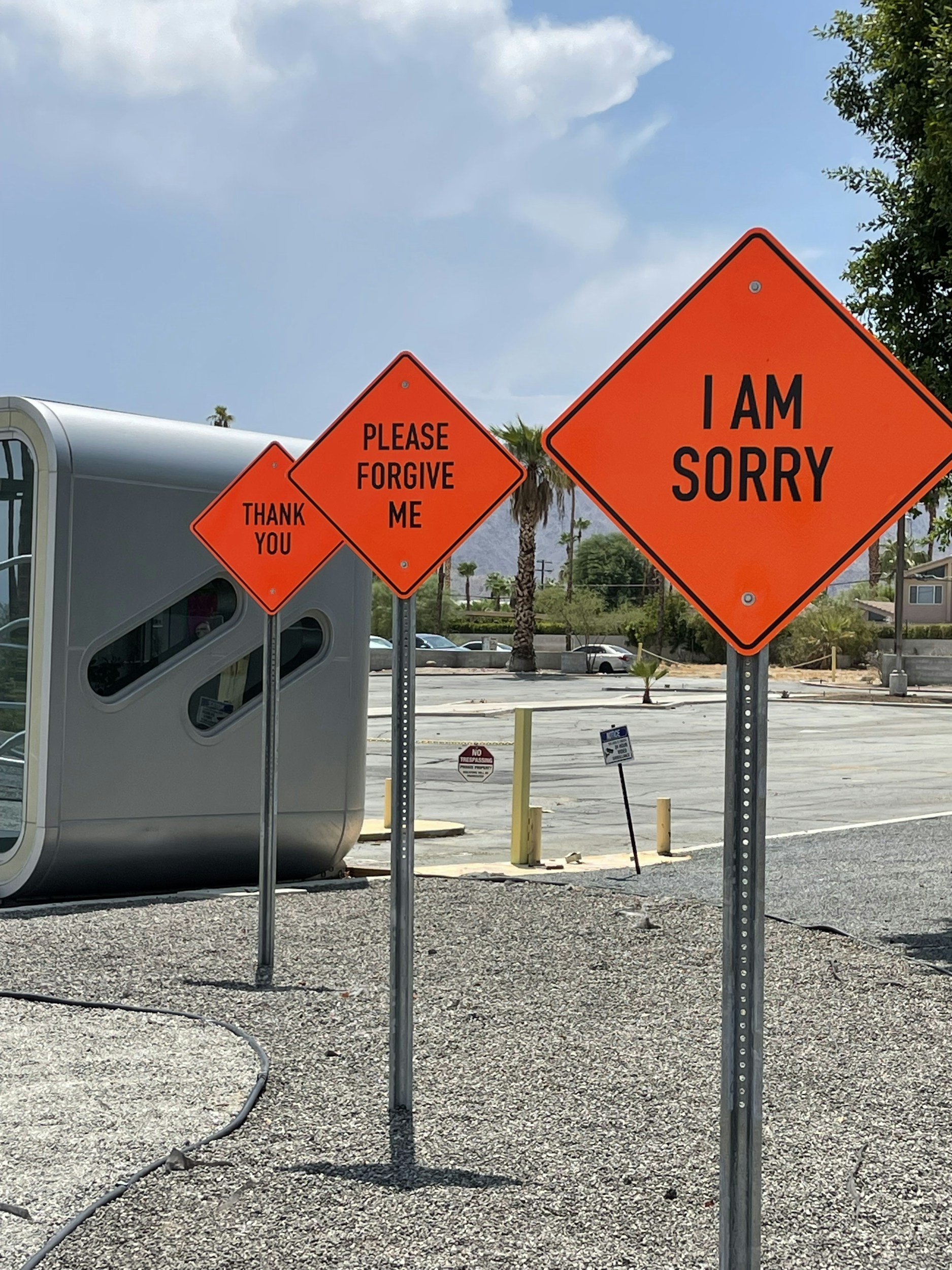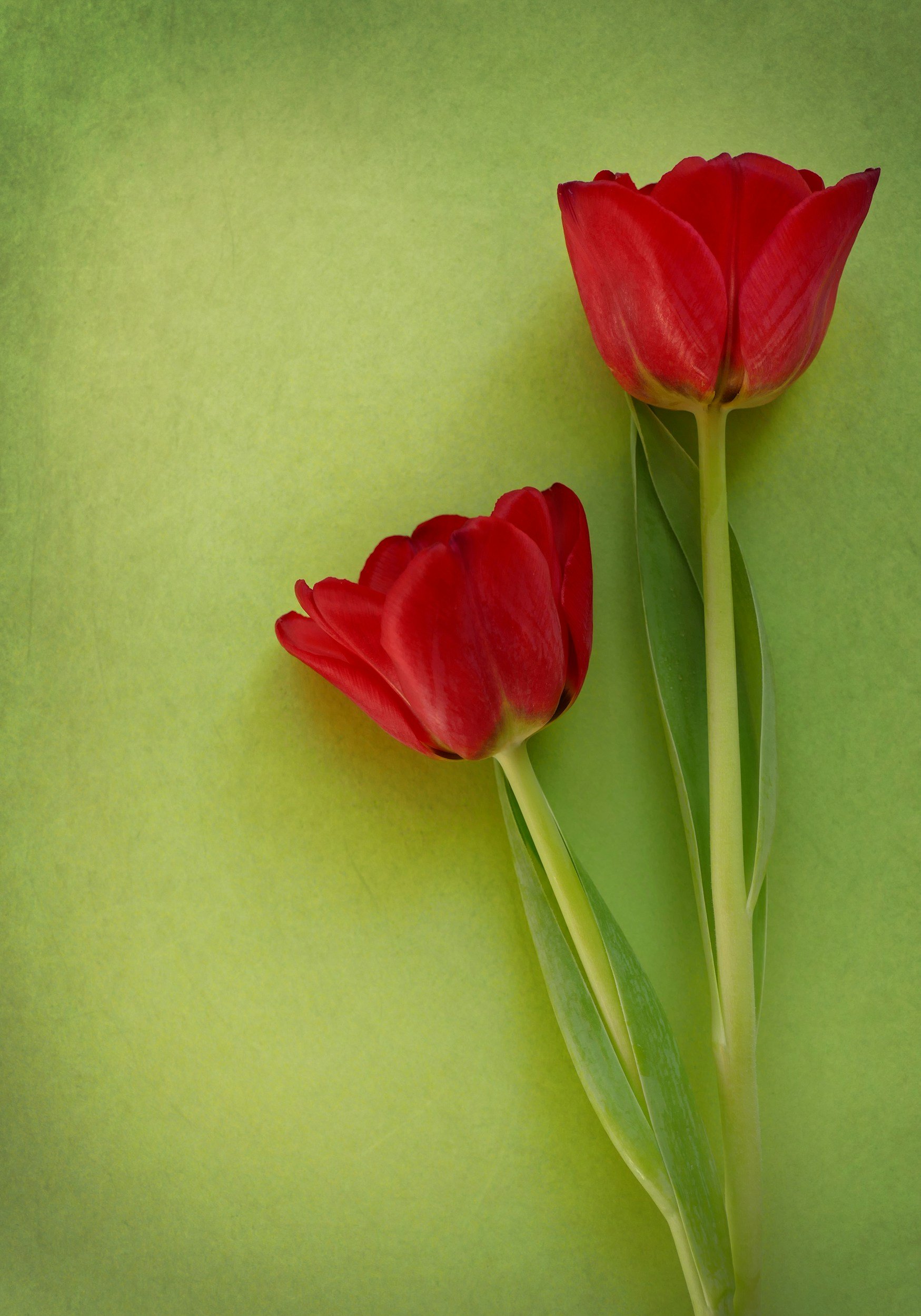In Every Practice, There Are Bad Seeds (Odinani Is No Different)
Stepping into Odinani, or any spiritual practice, can feel like a homecoming—a great reconnection to roots, culture, and self. But along with the excitement of rediscovering this ancient and beautiful knowledge system, it’s important to temper your expectations. Odinani, like all spiritual practices, is practiced by human beings, and as long as humanity is involved, imperfection will follow.
In every field, there are good practitioners, and there are bad ones. This is true in religion, medicine, education, and yes—even in the sacred traditions of Odinani. Managing your expectations when entering the world of indigenous spiritual practices is the wise approach to take; in fact it’s essential for growth, protection, and clarity.
The Reality of Human Fallibility
One of the most dangerous pitfalls on a spiritual journey is idolizing human beings. No matter how knowledgeable, charismatic, or revered someone might be, they are still human. They have flaws, blind spots, and limitations. The same holds true for front runners in Odinani practice today—dibias (spiritual guides), teachers, and community leaders are not infallible.
While some genuinely dedicate their lives to helping others and preserving the integrity of this ancient tradition, others may exploit it for personal gain, recognition, or power. Recognizing this reality doesn’t mean you approach every practitioner with suspicion, but it does mean you bring discernment and critical thinking into your practice.
Killing Your Mental Idols
When seeking truth in Odinani, it’s very important to kill your mental idols—the exaggerated image of a perfect guide, practitioner, or teacher. No one can or should stand between you and your connection to your Chi. The ultimate responsibility for your spiritual journey lies with you.
This doesn’t mean you disregard the wisdom or guidance of others; rather, it means you approach their teachings with an open yet discerning mind. Question what you’re taught, examine its alignment with your intuition and personal experiences, and never be afraid to walk away from someone who no longer serves your growth.
Managing Expectations in a Modern Context
Modern practitioners have a tendency to romanticize Odinani, imagining it as an untouched, flawless system where every practitioner is wise and selfless. This expectation can lead to disillusionment when reality doesn’t match the fantasy. Here’s the truth: Odinani, like any other practice, has been influenced by time, history, and human nature.
Acknowledging this doesn’t diminish its value—it deepens your understanding of its complexity. It reminds you that while the practice itself is sacred, it is practiced and interpreted by human beings who are inherently imperfect.
Protecting Your Journey
To navigate these complexities, it’s important to:
Do Your Research: Take time to understand the foundational principles of Odinani. The more informed you are, the less susceptible you’ll be to misinformation or exploitation.
Listen to Your Chi: Your Chi is your most reliable guide. Trust its wisdom and let it lead you to what resonates most deeply with your soul.
Stay Grounded in Truth: Remember that Odinani is not about magical fixes or shortcuts. It is a practice of alignment, growth, and accountability.
Avoid Pedestals: Respect practitioners for their knowledge and contributions, but never elevate them beyond the realm of human error.
Be Patient with Yourself and Others: Growth is a process. You’ll encounter both inspiring guides and disappointing ones. Learn what you can from each and keep moving forward.
The Bigger Picture
Odinani offers a wealth of wisdom that can transform your life, but it’s not about perfection. It’s about connection—connection to your Chi, your ancestors, your community, and the universe. The bad seeds you may encounter are not a reflection of the practice itself but of the human condition.
Cultivate discernment, manage your expectations, and focus on your personal growth, then you can navigate Odinani with wisdom and grace. Remember, the journey is yours, and no one can take that from you. Let truth and Justice (Ofo na Ogu) be your compass, and let your Chi be your guide. Yagazie!





























